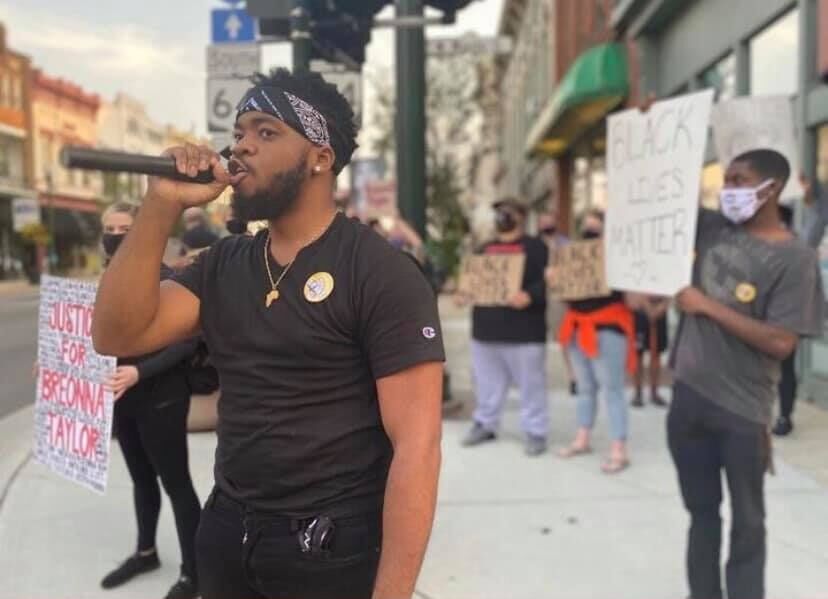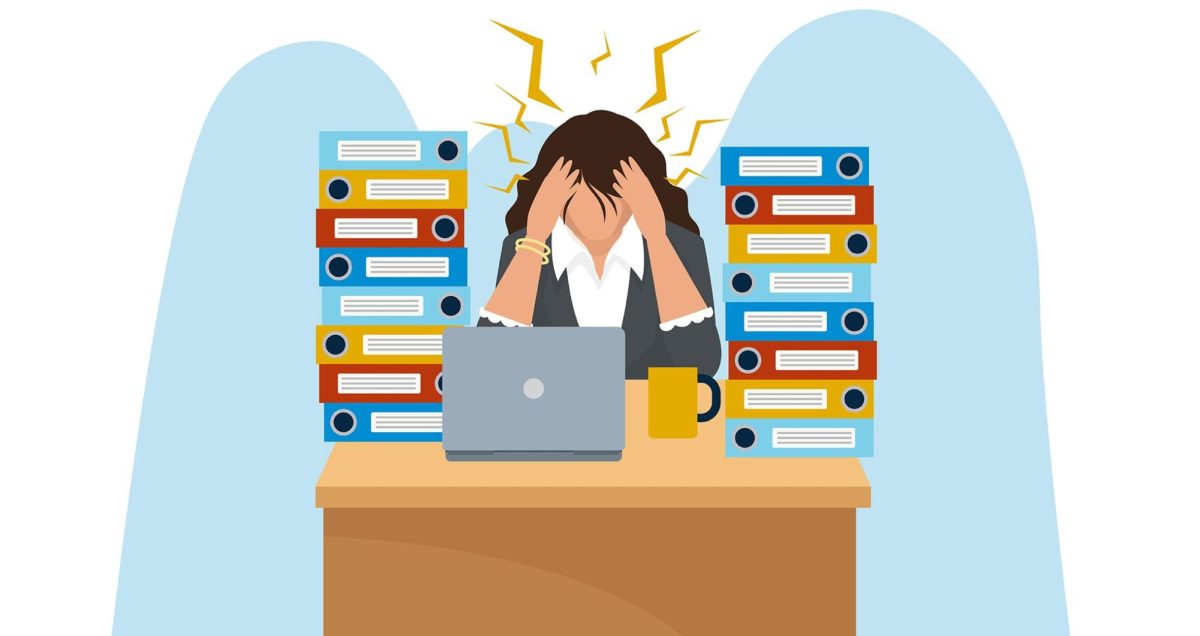Anthony King grew up in Detroit, where he was one of 11 children in his family.
King attended middle and high school in Detroit at Old Redford Academy and Renaissance High School, both of which are made up of 99% Black students.After high school, King enrolled in and attended Norfolk University in Virginia; the school is made up of 84% Black students. Then, King came to BGSU, where he is a senior majoring in mass communication.
“When I transferred here, I came from a historically Black university. Coming here was a huge culture shock, and it never really got better as I stayed in the community,” King said. “I felt like I personally was targeted by the police, I didn’t have anywhere to shop or buy products in town or get my haircut. I don’t think any student or person of color should have to deal with this type of experience when coming to a new place,” he said.
After being in Bowling Green and police brutality across the nation making headlines, King decided it was time to do something in the community.
“It all started after the George Floyd uprising. I came back to Bowling Green, and I just knew there was something that we should be doing here in Bowling Green,” King said. “I thought there should be something that we could do here, to give people of color an opportunity to voice their concerns and frustrations with the system.”
King along with other Black students created a nonprofit organization called Black Rights Activism Visibility Equity, better known as BRAVE.
“What we as an organization want to do is provide the community with opportunities, events, and resources that allow them (Black community members) to come out into the place they live in and fully embrace their culture,” King said.
King works as the director of the organization.
“Anthony is brave. He’s a go getter, he just goes out and does,” BRAVE board member Elijah McKnight said.
After the first protest organized by King in June, the mayor of Bowling Green called King and asked him to be the BGSU and minority community representative for the Humans Relations Commission in the city.
“Of course, I accepted the position and continue to have a seat on the commission now,” King said.
One driving force for King is the thought about trying to make the movement have more permanent effects.
“A lot of times in history, you have these movements that, like, blow up and then months or sometimes even weeks later, it loses its momentum and everyone is mundane again,” King said. “So, I wanted to create something that could have long lasting effects in Bowling Green and other communities too.”
King identified his uncle, Kelvin Martin, as a mentor and one of his biggest role models in his life.
“Anthony has always been a talented kid. It seemed like sports were his first love, then music, and now it’s definitely this outreach he has been organizing,” Martin said. “I am just super proud and impressed with him, it’s like he has a glow to him. He is really mastering what his craft is now.
King plans on continuing his pursuit of making the community more inclusive for years to come.
“I actually plan on staying in Bowling Green for a good amount of time after I graduate,” King said. “I think that I should stay to make sure the progress with this is always moving in the direction that benefits my community. I don’t think people of color will ever stop coming to BGSU and I think there should always be the type of help and representation that we want to provide as an organization.”














